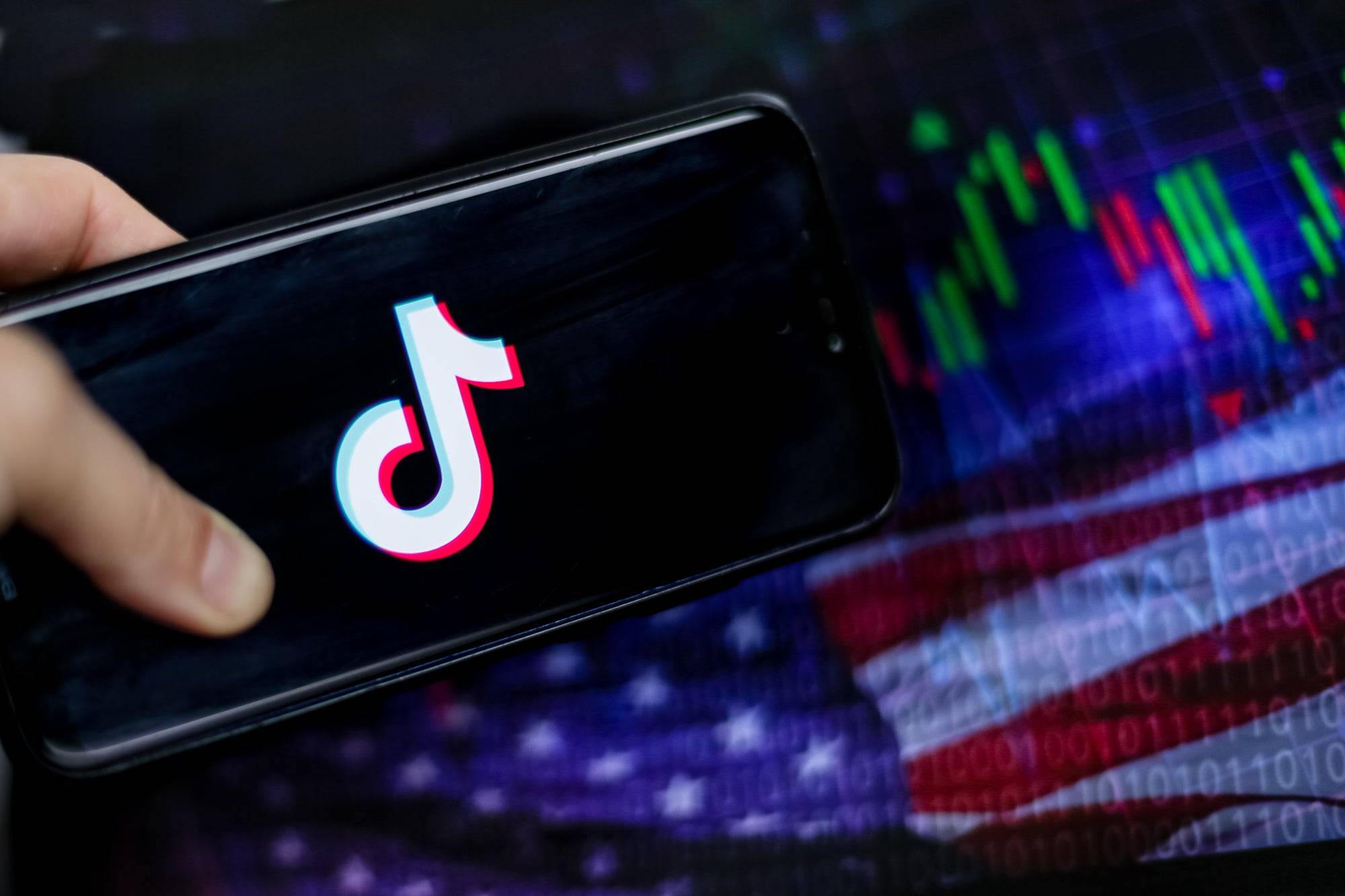A TikTok ban is set to take effect on Sunday, January 19th, following the Supreme Court's rejection of an appeal. The court unanimously dismissed TikTok's First Amendment challenge, citing concerns about national security. While acknowledging the platform's widespread use and role in expression, the justices emphasized TikTok's scale, susceptibility to foreign control, and the vast amount of sensitive data it collects as justification for the ban. The ruling states that divestiture is necessary to address national security concerns regarding data collection and the platform's relationship with a foreign adversary.

Without political intervention, TikTok will cease operations in the U.S. on Sunday. White House Press Secretary Karine Jean-Pierre stated President Biden prefers TikTok remain available under American ownership, but implementation falls to the incoming Trump administration.
The Supreme Court's ruling acknowledges TikTok's significance for its users but prioritizes national security concerns. President-elect Trump, who has previously opposed a complete ban, may issue an executive order delaying enforcement for 60-90 days. He reportedly is discussing the matter with Chairman Xi Jinping. Whether China would agree to a complete sale to a Western buyer remains uncertain, but reports suggest this is a possibility. Elon Musk, involved in the incoming administration, is reportedly being considered as an intermediary, or potentially a buyer himself.
Meanwhile, users are migrating to alternative platforms like Red Note (Xiaohongshu), with Reuters reporting over 700,000 new users in just two days. TikTok's future in the U.S. hinges on finding a buyer or facing a complete shutdown, unless an executive order intervenes.






